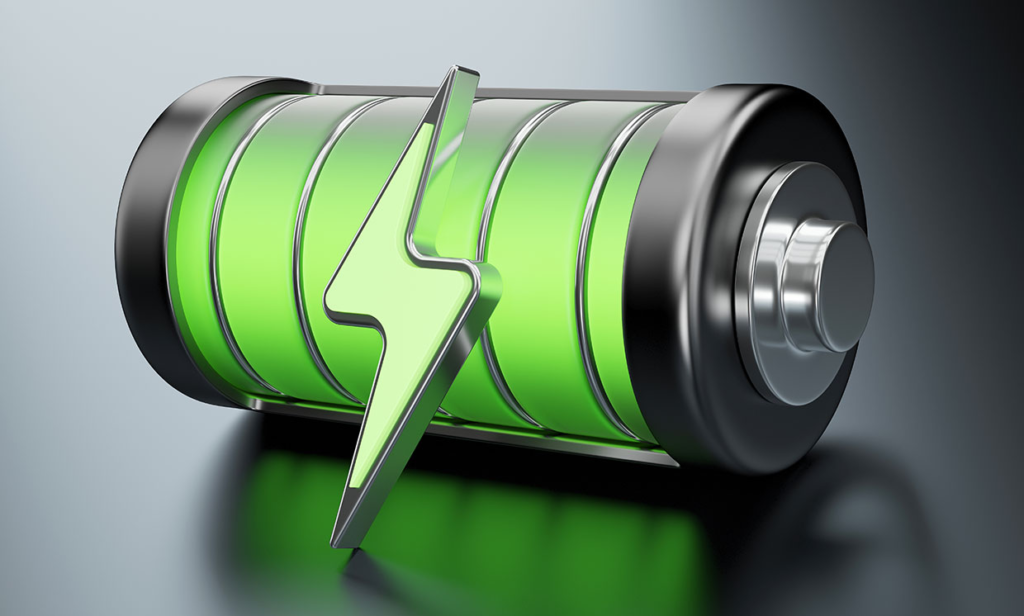Nuclear batteries may eliminate the need for you to charge your phone ever again

As our devices become more power-hungry, the demand for longer-lasting batteries grows. However, a Chinese startup may have a solution, which involves employing the same long-lasting battery technology that powers pacemakers and space components.
According to WinFuture, a Chinese startup called Betavolt Technology has stated that it is working on a radioactive battery for mobile devices. The company’s first model, the BB100, measures 15 x 15 x 5mm and is touted to provide 100 microwatts of power. In the next two years, the company hopes to enhance the technology and produce compact batteries that deliver one watt of power and can be connected modularly to meet higher power demands.
These batteries create energy through radioactive decay. Because radioactive materials, such as Plutonium, were too risky to utilize, the technique was never used in other applications. There was also the issue of these batteries being either too large or not supplying enough power.
Betavolt, on the other hand, is working on a battery that uses an artificial diamond layer and a decaying nickel isotope. Because nickel-63 breaks down into copper, the manufacturer says that no radiation escapes from the system and no harmful compounds are created.
According to reports, Betavolt’s battery can power equipment such as sensors, miniature drones, and microrobots. This nuclear battery is also believed to be capable of remaining charged for 50 years and operating reliably at temperatures as low as -60 to 120 degrees Celsius.
Having said that, we are constantly hearing about new battery technology. Nonetheless, we rarely see these innovations commercialized. One advantage of this technique is that, as previously stated, it has been used in pacemakers. However, pacemakers are not subjected to drops or other potentially harmful circumstances.
RS News or Research Snipers focuses on technology news with a special focus on mobile technology, tech companies, and the latest trends in the technology industry. RS news has vast experience in covering the latest stories in technology.









